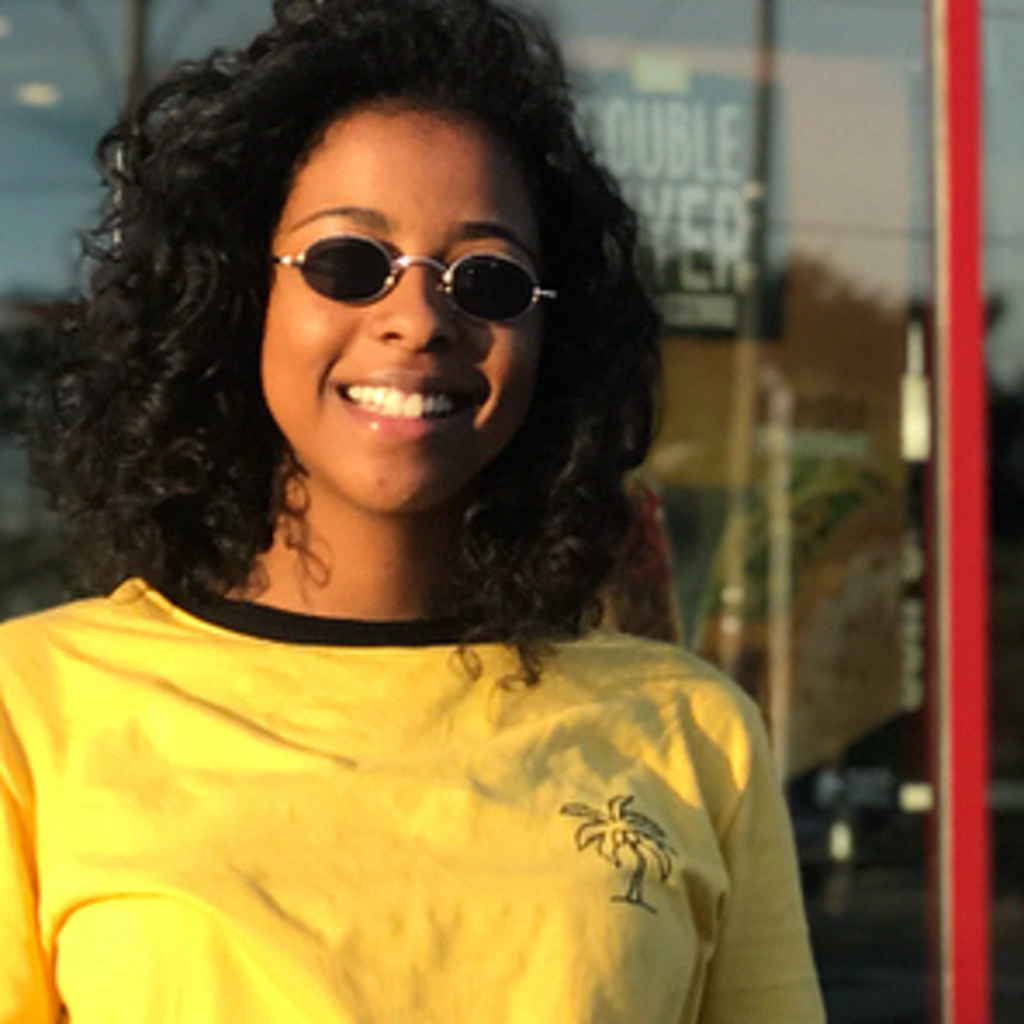Running Workshops That Don't Feel like Work
January 05, 2020
After running dozens (I literally mean dozens) of workshops that show people of all different skill levels, ages and backgrounds how to make cool technical projects, I’ve gathered some good advice and tips that have helped more and more of my workshops really land with participants. And so I thought I’d put them up on here in case anybody reading this puts them to good use :) Thank you to everyone I experimented on and those who gave me great advice. More importantly, thank you to those who allow me to continue experimenting and learning from them, and to those I will be experimenting on in the future. You’re all fantastic guinea pigs. (Note: As I go through more and more workshops, I’ll keep adding things here :) When things get awkward or silent in any conversation, I’m horrible at small talk. But I’m great at sharing stuff I learn! This is because I really like doing the things the hard way by starting from scratch instead of based on advice - just ask my poor Mom.  So I found that turning those awkward pockets of silence into a Q&A/interview about myself works fantastic. Now, the trick is to make it all about you in a way that people get something out of it. Think of it like this: share stuff that worked for you in a really detailed way. What worked? How did you come up with it? What mess-ups taught you that? How can someone generally apply those things? Most recently I did this in a workshop where I was showing a group of mainly young women how to make personal websites on Repl.it and Github. I just started asking people if they have any questions for me as a high school graduate, as a teenager who got an internship as their first job. **I did it in a way where it was like a big sister sharing advice and stories to younger siblings, instead of standing on a pedestal and telling people how to be as great and accomplished as I am** (*hint: sarcasm*). In fact, giving advice in this format to siblings or friends is a great way to practice this type of small talk that helps others and shines a light on you, all while not being condescending or annoying.
Awesome stuff that should go without saying but that I forget about sometimes:
-
Prepare a slideshow or outline doc that you can share. Make it super simple though. Here’s examples of what I mean.
-
Having a written guide is great because you can put some extra goodies and details in there for the curious or technically inclined. Or people who aren’t the best at following your specific pace.
-
Check in every once in a while during the workshop/presentation on participants. Ask them questions, get them to raise their hand (physically or through the Zoom call feature) when they reach a certain step. This helps you check if your pace is too fast/slow.
-
Your vibe = the call/room’s vibe. What are you wearing? How are you sitting/standing? Did you sleep? Are you on coffee? It depends what you want. If you want people to ask you lots of questions and engage, you want them to feel comfortable and on level, so slouching, not having caffeine, wearing comfy does make a huge difference and makes you approachable. Want to get people amped up? Look like it in your clothes, posture, energy level etc. I always underestimate this step but when I do it, it makes a huge difference.
-
People can tell when you’re faking it, and it’s very uncomfortable to watch. If you’re not high energy but are walking into a high energy presentation, change the tone. Make the focus on the questions/ interactions from audience in a comfy chat format. It’ll be much better as a chat that 100% matches the presentation’s energy than a half-effort high energy presentation.
-
Participants need to make something by the end. There has to be something they can keep, show, and see after the workshop. This is why when doing a workshop on a topic like ReactJS, I also make the workshop maybe about a resume site. Or learning javascript basics with p5.js and artwork.

Written by Dina Elhanan who leads the Milton Hack Club (which she founded) and loves working on and hearing about cool projects. She rarely checks social media, so here's her email.